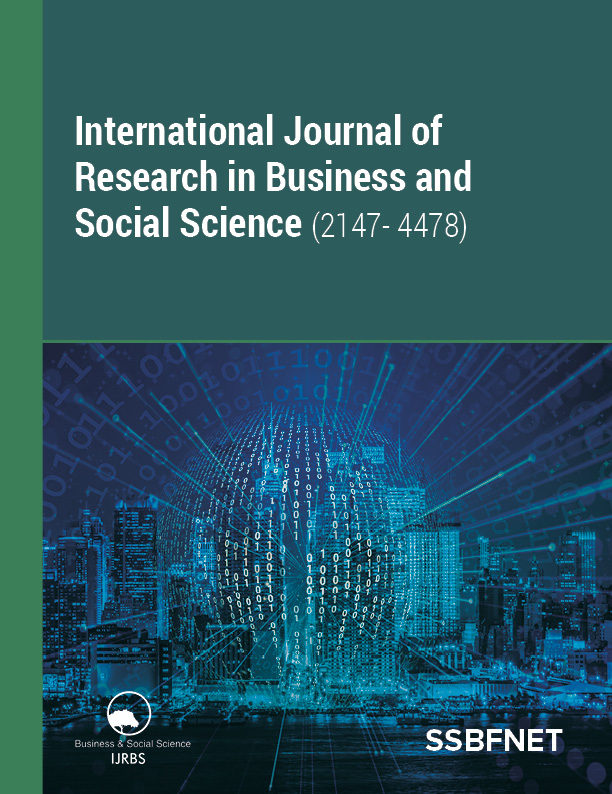
International Journal of Research in Business and Social Science
Yazarlar: Nicholas Ochieng' Ojwang'
Konular:
Anahtar Kelimeler:Talent Management,Turnover Intent,Employee Turnover,Retention,Engagement,Research Scientists
Özet: Human talent represents a source of competitive advantage. Yet the very people organisations would want to retain are the ones most likely to leave. What determines employee turnover is a vital question to organisations facing business continuity challenges. Through the prism of the Human Capital and Social Exchange theories, this study aimed at examining the influence of Talent Management practices on turnover intent among Research Scientists at the National Museums of Kenya, Nairobi. Data was collected by means of a structured questionnaire formulated based on extensive literature review. The study targeted 128 employees designated as Research Scientists at the time of conducting this study. Results indicate very high levels of engagement among Research Scientists at NMK. Though respondents understand how their performance is evaluated, the link between pay and performance appears unclear to them. Ample learning and growth opportunities do exist but identification of training needs is not methodical. The study also revealed a clear dissatisfaction with the total compensation package. Although majority of respondents believed that advancement opportunities existed, they were less confident regarding existence of equal opportunity for such advancement. Regression analysis of results indicated that of the six independent variables studied, only employee engagement had significant relationship with employee turnover intent. The study concludes that employee engagement is a critical factor in keeping employees in the organisation. It is recommended that NMK develops effective retention strategies to ensure that Research Scientists remain engaged and committed. An integrated rewards scheme incorporating non-financial factors, career development and work-life balance should form part of the strategy. In addition, a formalised induction program as well as a systematic learning and development scheme with individualised plans needs to be put in place.